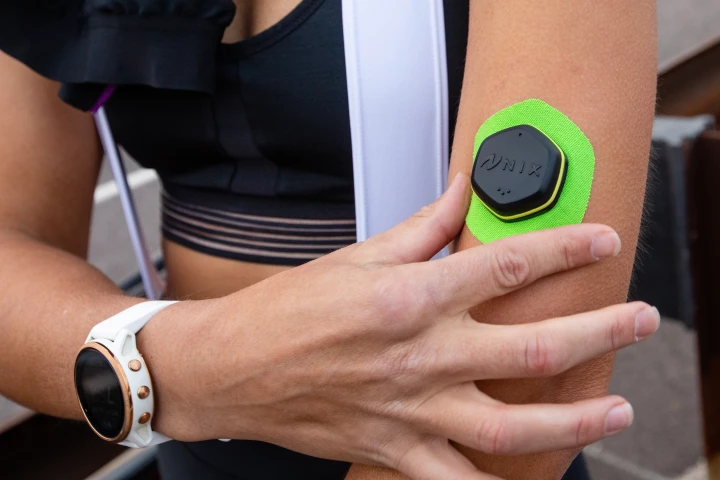Athlete
-
Nike has been working on some strange new ideas. The first is a pair of shoes that activate your mind body connection through receptors in your feet. The second are powered sneakers. Oh, and there's also an inflatable coat and a super-cooling shirt.
-
Soccer heading has long been suspected of impacting brain health, but where and how it leaves a mark has been a blind spot. Now, for the first time, scientists have a clear picture of the damage and why repeated impacts can impair cognition over time.
-
Scientists have developed smart insoles that accurately measure the forces created when a foot hits the ground in the real world. The tech has a range of applications, from assisting in rehabilitating patients to helping athletes prevent injuries.
-
Examining the muscles of Eddie Hall, a British strongman and deadlift champion, has given researchers greater insight into muscle strength, which could inform athletic performance, injury prevention, and healthy aging – giving hope to even the non-athletic among us.
-
In fast-paced sports such as tennis, keeping your eye on the ball – and on your opponent – is essential to success. The FalconFrames wearable was designed with that fact in mind, as it's claimed to help boost its user's neuro-visual skills.
-
We've heard about a number of experimental skin-worn biosensors, which analyze the wearer's sweat to monitor everything from stress to blood glucose. Well, athletes can now buy one of the things, that is designed to keep them from getting dehydrated.
-
A new study from researchers in Japan offers the first direct investigation into the effects of caffeine on 100-meter sprint running. The findings revealed athletes who dose up on caffeine can run significantly faster sprint times.
-
It's certainly a good idea for coaches to be able to monitor the performance and well-being of their players. A new device allows them to do so, and it takes the form of a protective mouthguard of the sort that athletes would be wearing anyways.
-
In order to minimize the chances of injury, many athletes wear a brace to help support a particularly vulnerable knee joint. Exoskeleton manufacturer C-EXO is taking that idea further, with a "smart" pneumatically activated knee brace.
-
A new augmented reality-based system is made to train athletes and help rehab patients, by providing real-time motion feedback.
-
A study has found increased volumes of a certain species of gut bacteria in marathon runners following the completion of an event. This species was found to metabolize exercise-induced lactate into propionate, a compound that may increase exercise capacity.
-
Although gazing at computer models of processes that we're studying can certainly be helpful, there's often just no substitute for getting your hands on an actual physical object. Realizing that, an MIT team has developed a system that creates 3D-printed "motion sculptures" based on 2D videos.
Load More











